Skip to main content Accessibility help 



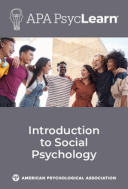



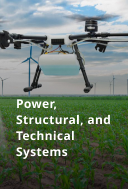



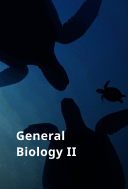
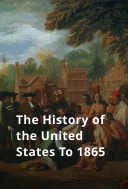
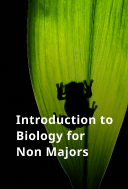

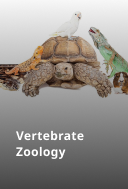
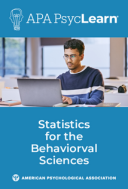


Internet Explorer 11 is being discontinued by Microsoft in August 2021.
If you have difficulties viewing the site on Internet Explorer 11 we
recommend using a different browser such as Microsoft Edge, Google
Chrome, Apple Safari or Mozilla Firefox.
Refine search
30 results
30 results
Can't find the content you are looking for?
To expand your search, find other books and research journals at Cambridge Core , or browse our catalogue at cambridge.org

Online ISBN: 9781913014124 Online publication date:
01 June 2019
- Courseware

Online ISBN: 9781913014209 Online publication date:
01 August 2016
- Courseware

Online ISBN: 9781913014711 Online publication date:
01 June 2022
- Courseware

Online ISBN: 9781913014049 Online publication date:
01 June 2018
- Courseware

Online ISBN: 9781433834127 Online publication date:
01 July 2020
- Courseware

Online ISBN: 9781913014667 Online publication date:
01 June 2022
- Courseware

Online ISBN: 9781913014100 Online publication date:
01 June 2018
- Courseware

Online ISBN: 9781913014216 Online publication date:
01 August 2016
- Courseware

Online ISBN: 9781913014728 Online publication date:
01 June 2022
- Courseware

Online ISBN: 9781913014056 Online publication date:
01 June 2018
- Courseware

Online ISBN: 9781913014230 Online publication date:
01 April 2019
- Courseware

Online ISBN: 9781913014261 Online publication date:
01 April 2019
- Courseware

Online ISBN: 9781913014032 Online publication date:
01 June 2018
- Courseware

Online ISBN: 9781913014131 Online publication date:
01 August 2016
- Courseware

Online ISBN: 9781913014117 Online publication date:
01 August 2016
- Courseware

Online ISBN: 9781913014681 Online publication date:
01 June 2022
- Courseware

Online ISBN: 9781913014070 Online publication date:
01 June 2018
- Courseware

Online ISBN: 9781433834134 Online publication date:
01 November 2021
- Courseware

Online ISBN: 9781913014247 Online publication date:
01 April 2019
- Courseware

Online ISBN: 9781913014650 Online publication date:
01 June 2022
- Courseware